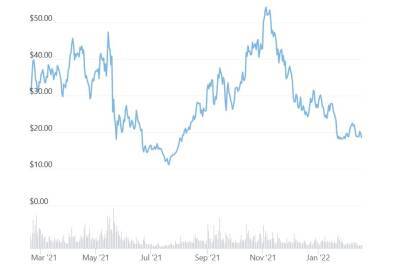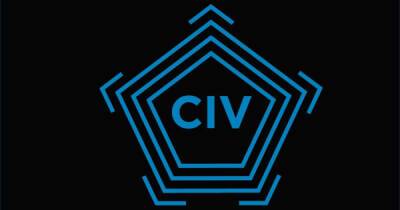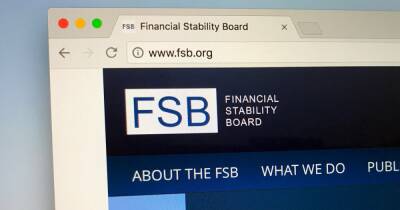Cross-chain roaming enables users to benefit from the sum value of blockchain technology
When the first blockchain came to life, it shared a vision for an all-encompassing solution that would enable anyone to transact on a single chain regardless of what they were hoping to accomplish.
In practice, the result has been much different, with new blockchain protocols coming to life, attempting to solve concerns around scalability or employ an original approach to a specific use case. Although many of these blockchains have demonstrated success in the mission they hope to accomplish, their growth is done in parallel, never advancing to the next level. The resulting silos have limited all users from benefiting from the sum value of the blockchain as a whole.
So, how does one go about eliminating these siloes? The answer is simple, cross-chain solutions. A cross chain enables two independent blockchains to interact with each other, exchanging assets from one to the next and achieving blockchain interoperability.
The caveat is that the majority of the solutions available to the public are complicated to use, deterring users from taking advantage of their functionality. This complexity is often a product of numerous restrictions, such as a limit on the transactions that may occur and several steps required to move a user's assets, which may be time-consuming.
Aiming to change the current narrative is Chainge Finance. The project, which operates as a home for decentralized finance (DeFi), has since emerged as a solution for the cross-chain experience with a roaming feature that further improves the ease in which assets can be moved across the blockchain sphere. Subsequently, no matter how many exchanges they may be split over, users' assets can be used without issue. The intent is that soon chains won't matter anymore,
Read more on cointelegraph.com
























